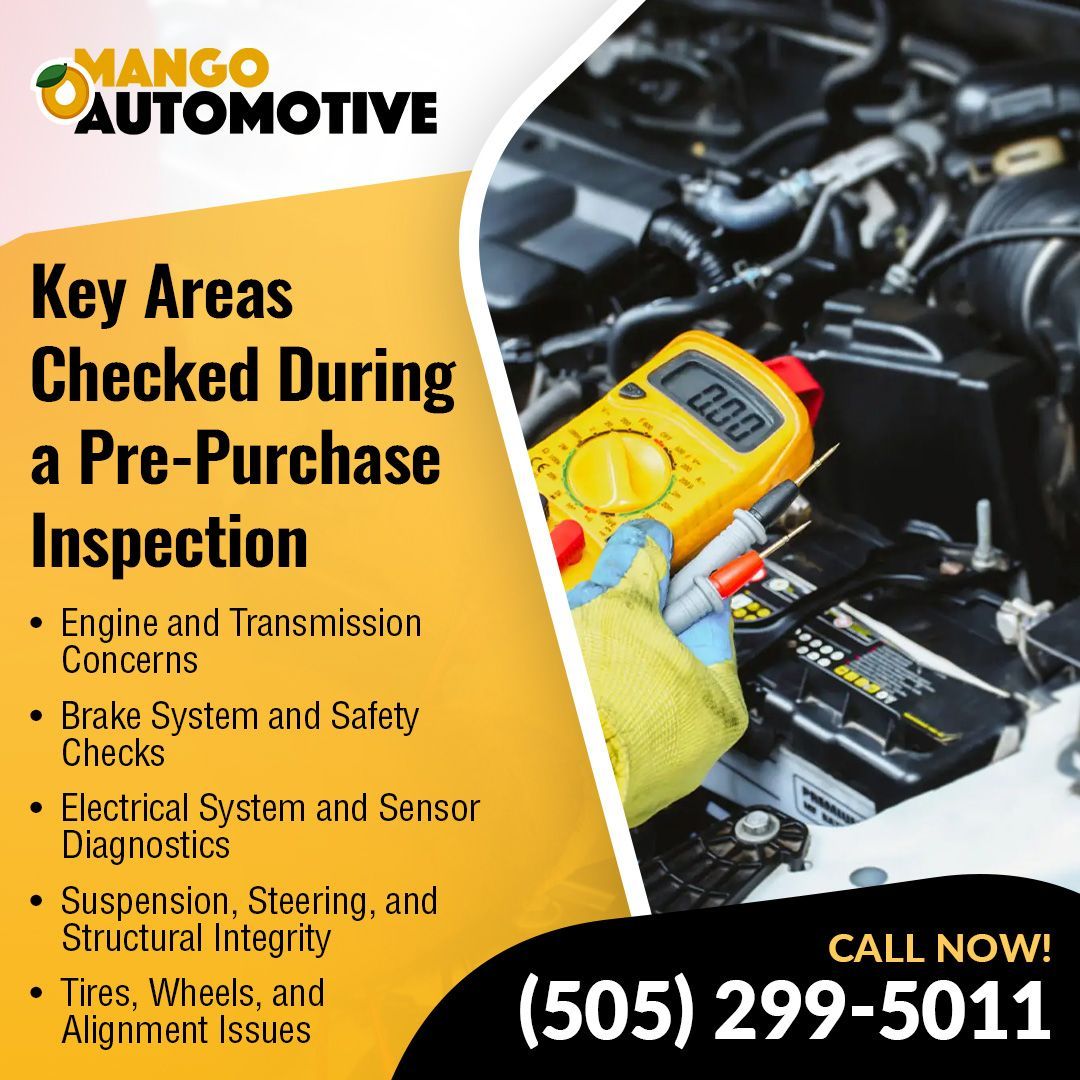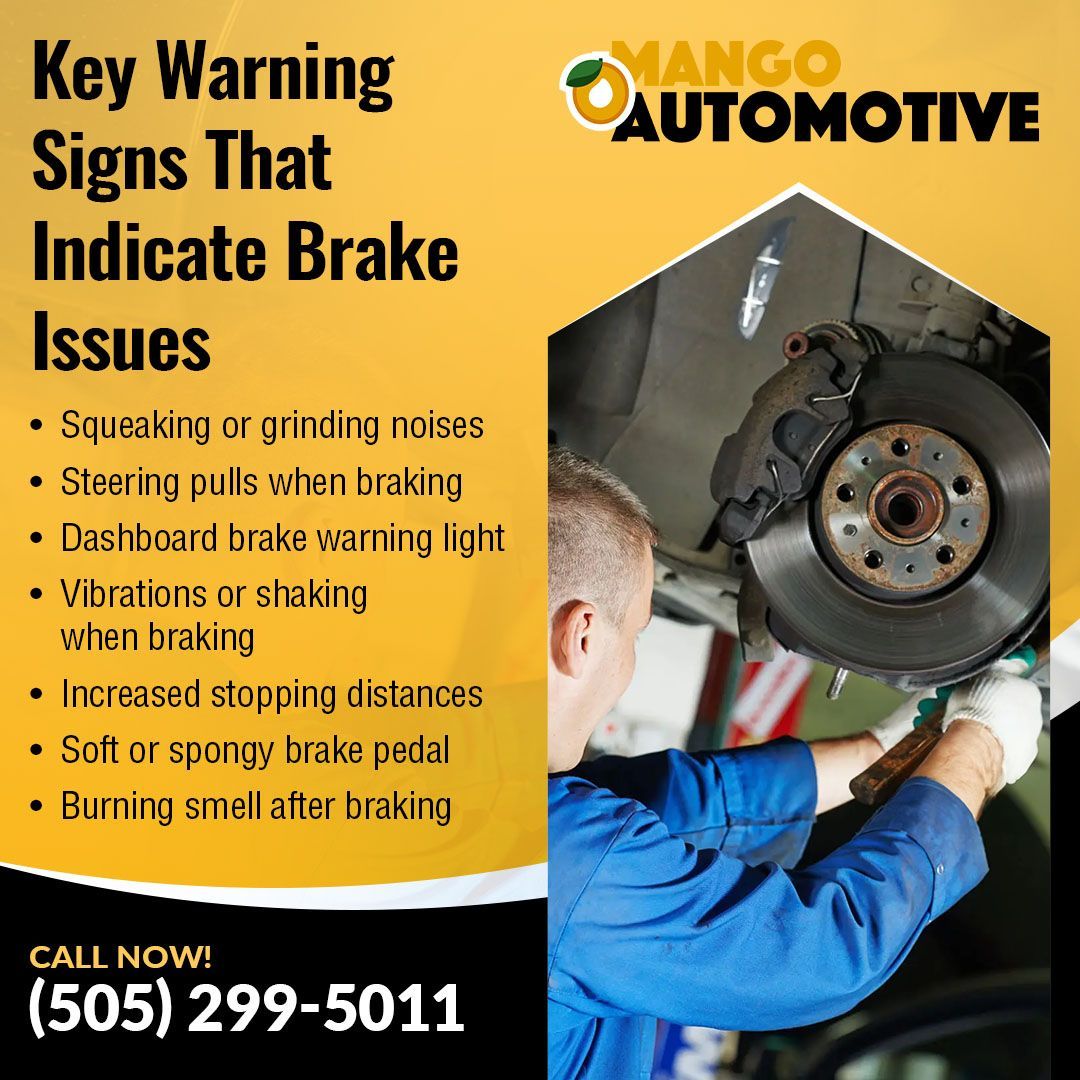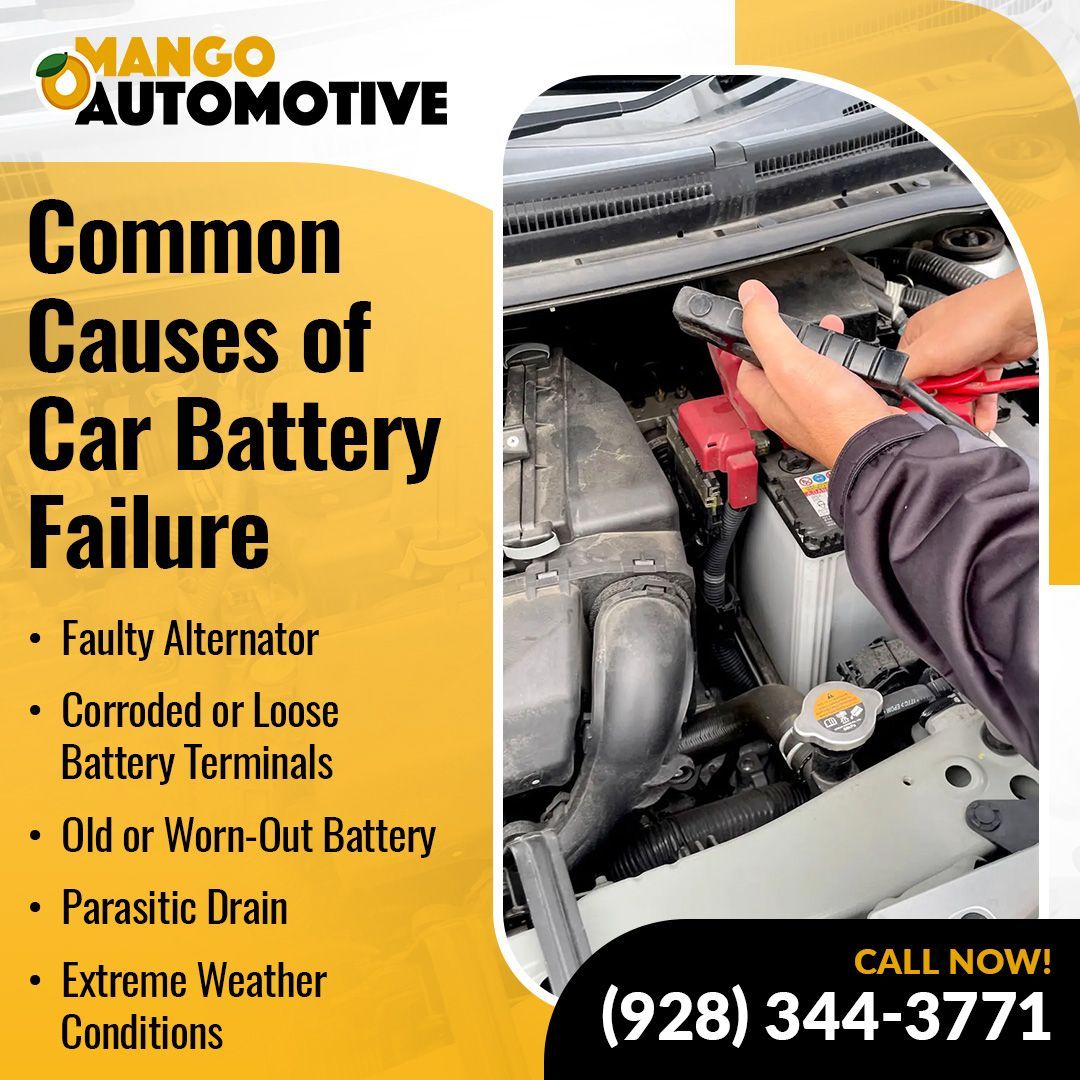What's Alignment & Why You Should Know About It?
At Mango Automotive, we believe that alignment is an essential part of maintaining a healthy vehicle. Many car owners are unaware of the importance of alignment, which is why we're here to explain what it is and why it's crucial for your car's longevity and your safety.
In this article, we'll delve into the details of what alignment is, how it works, and the various types of alignment that exist. We'll also explore the signs that indicate that your car needs an alignment and the consequences of ignoring them. Finally, we'll address some frequently asked questions about alignment that we hope will help you maintain your car's health and safety.
What is Alignment?
Alignment refers to the positioning of your car's wheels in relation to the body of the vehicle. Proper alignment means that your wheels are parallel to each other and perpendicular to the road. When your car is out of alignment, it means that your wheels are not positioned correctly, which can lead to a host of problems.
How Does Alignment Work?
Your car's alignment is adjusted using the suspension system. The suspension system includes a series of components that work together to support your car's weight, absorb shocks and vibrations, and keep your car stable on the road. When your suspension system is functioning correctly, it keeps your wheels aligned, ensuring optimal performance and safety.
Types of Alignment
There are three primary types of alignment: front-end alignment, rear-end alignment, and four-wheel alignment. The type of alignment that your car needs depends on the type of vehicle and the type of suspension system that it has. In general, most vehicles require a four-wheel alignment to ensure proper alignment.
Signs Your Car Needs Alignment
Several signs can indicate that your car needs an alignment, including uneven tire wear, pulling to one side, vibrations in the steering wheel, and a crooked steering wheel. If you notice any of these signs, it's essential to bring your car in for an alignment as soon as possible to prevent further damage. Ignoring alignment issues can lead to several problems, including premature tire wear, decreased fuel efficiency, and even safety hazards. When your car is out of alignment, it can affect how your car handles, making it more challenging to steer, stop, and control.
Alignment is a crucial part of maintaining your car's health and safety. Ignoring alignment issues can lead to premature tire wear, decreased fuel efficiency, and even safety hazards. By understanding what alignment is, how it works, and the signs that your car needs an alignment, you can take the necessary steps to keep your car running smoothly and safely for years to come. At Mango Automotive, we're always here to help you with any alignment needs that you may have.
FAQ's:
- How often should I get an alignment?
It's recommended to get your alignment checked every 6,000 miles or every six months, whichever comes first.
- Can I align my car myself?
While it's possible to do a DIY alignment, we don't recommend it. Alignment is a complex process that requires specialized equipment and expertise.
- How much does an alignment cost?
The cost of an alignment varies depending on the type of alignment that your car needs and the location where you have it done. On average, a four-wheel alignment can cost between $100 and $200.
- Can an alignment fix my steering problems?
Alignment can solve some steering issues, but not all. If your steering problems are caused by a more significant issue, alignment may not be enough.
- How long does an alignment take?
A typical alignment takes between one and two hours, depending on the type of alignment and the technician's expertise.










Automotive Service & Repair
Done Right.
Cottonwood: (505) 633-1001
The Heights: (505) 299-5011
Downtown: (505) 764-8698
Yuma: (928) 344-3771
Las Cruces: (575) 221-9941
Pellicano Dr, El Paso (coming soon): (915)-594-8221
Montana Ave, El Paso: (915)-200-0250





